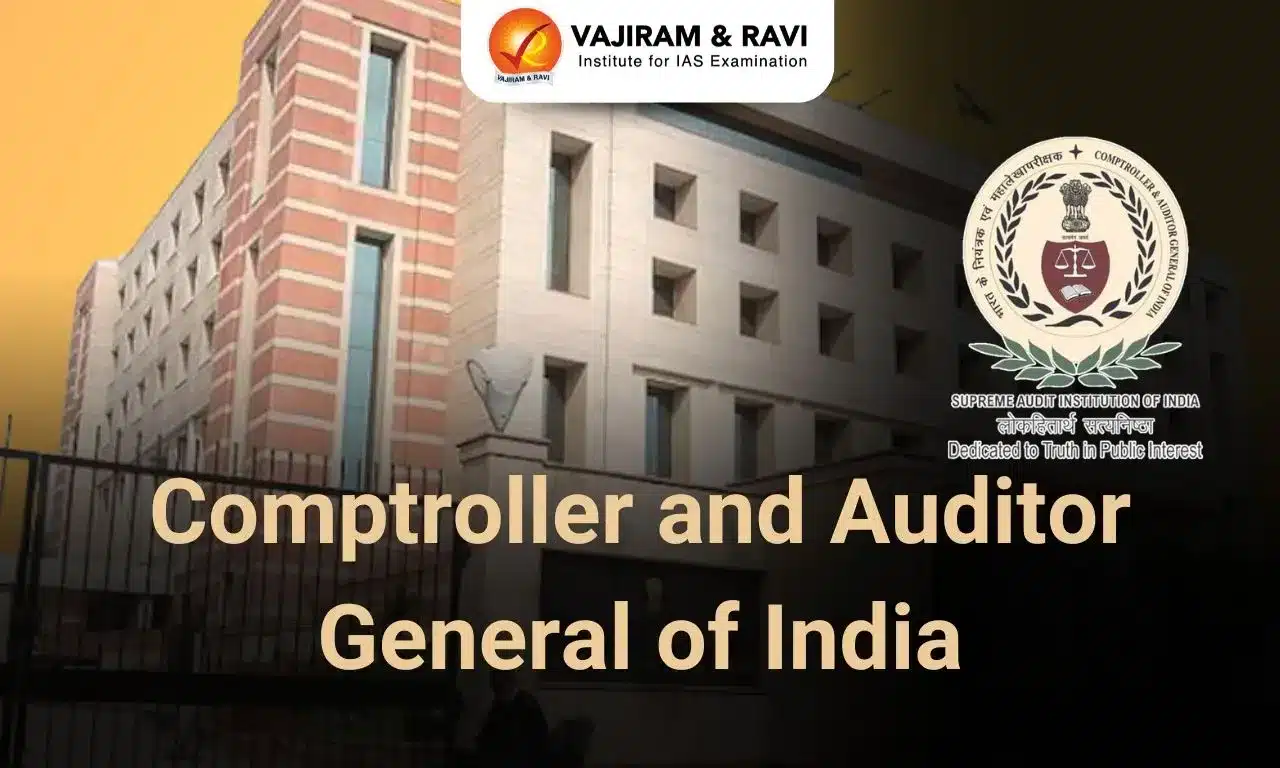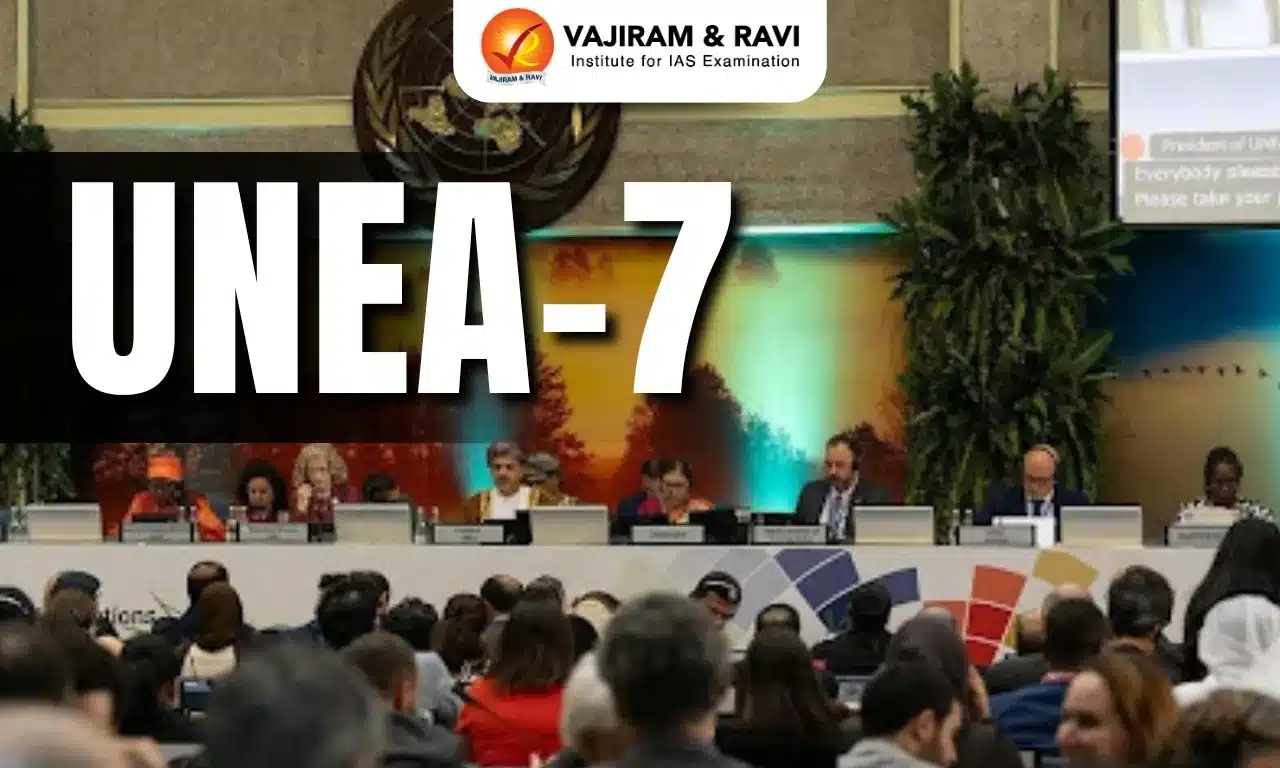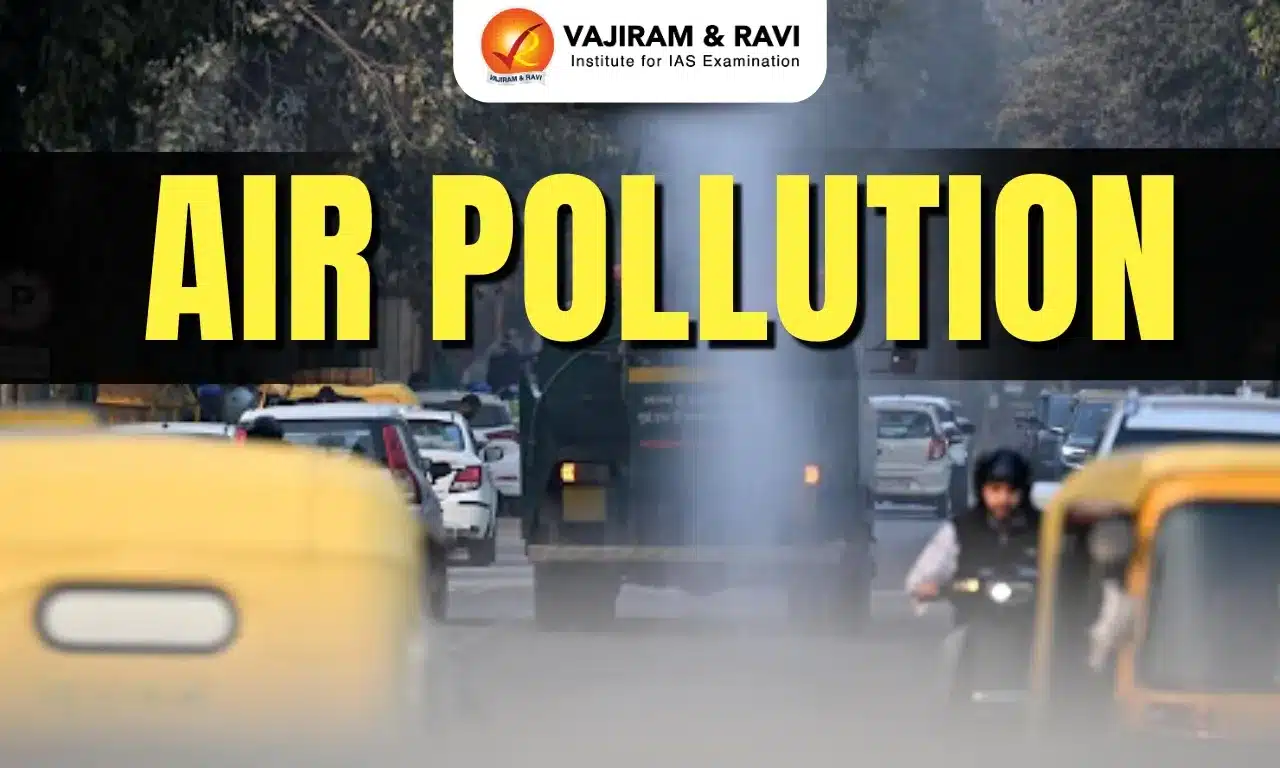What’s in today’s article?
- Background
- Powers and Responsibilities of the CAG
- Selection and Execution of Audits
- Challenges in Tabling Reports
- Impact of CAG Audits
- Conclusion
Background
- The Comptroller and Auditor General (CAG) of India has once again taken centre stage amidst a political controversy surrounding its audit report on the high costs of renovation at the former residence and office of Delhi Chief Minister Arvind Kejriwal.
- The report, which highlighted a cost escalation from an initial estimate of ₹7.91 crore to ₹33.66 crore, has become a flashpoint between the BJP and the Aam Aadmi Party (AAP) ahead of the Delhi Assembly elections.
- However, the CAG’s role transcends political debates, as it serves as a critical institution for auditing and ensuring accountability in governance.
Powers and Responsibilities of the CAG
- The CAG, as outlined in Articles 148-151 of the Constitution and the CAG (Duties, Powers and Conditions of Service) Act, 1971, is the supreme audit institution of India.
- Appointed by the President, the CAG’s primary duties include:
- Auditing the accounts of the Union and State governments, including public sector undertakings (PSUs).
- Reviewing compliance with applicable laws, rules, and regulations through compliance audits.
- Assessing the implementation and effectiveness of government schemes and projects via performance audits.
- Certifying the financial accounts of governments and PSUs through financial audits.
- Additionally, the Fiscal Responsibility and Budget Management (FRBM) Act, 2003, mandates the CAG to review government compliance with fiscal targets.
Selection and Execution of Audits
- The CAG follows a meticulous process to select audit subjects:
- Risk Assessment: Factors like project size, media coverage, and inspection reports influence the selection.
- International Guidelines: The CAG adheres to standards set by the International Organization of Supreme Audit Institutions (INTOSAI).
- Audit Plan Approval: The CAG’s office drafts an annual plan, with input from an Audit Advisory Board, which meets biannually.
- Government or Judicial Recommendations: Specific audits may be requested by courts or governments, such as the Supreme Court’s directive for auditing the Delhi-Noida Direct (DND) Flyover project.
- The audit process begins with an entry conference with the concerned department to outline the scope and methodology. After the audit, an exit conference is held to share preliminary findings.
- Departments are given six weeks to respond to the draft report before it is finalized and submitted to the President or Governor.
Challenges in Tabling Reports
- While Article 151 of the Constitution mandates that CAG reports be laid before Parliament or state legislatures, it does not specify a time limit.
- This loophole has led to delays, as seen in Delhi, where over a dozen CAG reports—including on issues like air pollution mitigation and liquor supply—remain untabled. Similar delays have been observed in states like West Bengal.
- A CAG report becomes public only when presented in the legislature. Following this, the Public Accounts Committee (PAC) examines the report, seeks government responses, and recommends corrective actions.
- Between 2019 and 2023, the PAC submitted 152 reports to the Lok Sabha, scrutinizing audit findings and government compliance.
Impact of CAG Audits
- CAG reports play a pivotal role in highlighting financial losses and procedural inefficiencies, often prompting significant policy changes. For instance:
- The 2010 audit on 2G spectrum allocation exposed massive irregularities, leading to widespread political ramifications and regulatory reforms.
- A CAG review led to changes in Telangana’s Engineering Procurement Contract (EPC) framework.
- In 2022-23, the CAG approved 172 audit reports, a significant increase from 73 reports in 2018-19, reflecting its growing scrutiny of governance and fiscal accountability.
Conclusion
- The CAG’s audits are instrumental in ensuring transparency and accountability in governance.
- However, the lack of timely tabling of its reports undermines its potential impact.
- Strengthening mechanisms to expedite the legislative review process, coupled with robust government responses, can enhance the effectiveness of this constitutional body.
- As the guardian of public finances, the CAG remains a cornerstone of India’s democratic framework, with its work extending far beyond political disputes to safeguard the interests of citizens.
Q1. What is the difference between Auditing & Investigation?
The main difference between audit and investigation is that an audit is a systematic examination of financial statements to ensure accuracy and compliance, while investigation is a thorough inquiry into a specific matter to uncover facts and identify potential wrongdoing.
Q2. Who was the first Auditor General of India?
Sir Edmund Drummond was the first Auditor General of India, appointed in 1860. He was previously the Accountant General to the Government of India.
Source: IE
Last updated on December, 2025
→ Check out the latest UPSC Syllabus 2026 here.
→ Join Vajiram & Ravi’s Interview Guidance Programme for expert help to crack your final UPSC stage.
→ UPSC Mains Result 2025 is now out.
→ UPSC Notification 2026 is scheduled to be released on January 14, 2026.
→ UPSC Calendar 2026 is released on 15th May, 2025.
→ The UPSC Vacancy 2025 were released 1129, out of which 979 were for UPSC CSE and remaining 150 are for UPSC IFoS.
→ UPSC Prelims 2026 will be conducted on 24th May, 2026 & UPSC Mains 2026 will be conducted on 21st August 2026.
→ The UPSC Selection Process is of 3 stages-Prelims, Mains and Interview.
→ UPSC Result 2024 is released with latest UPSC Marksheet 2024. Check Now!
→ UPSC Prelims Result 2025 is out now for the CSE held on 25 May 2025.
→ UPSC Toppers List 2024 is released now. Shakti Dubey is UPSC AIR 1 2024 Topper.
→ UPSC Prelims Question Paper 2025 and Unofficial Prelims Answer Key 2025 are available now.
→ UPSC Mains Question Paper 2025 is out for Essay, GS 1, 2, 3 & GS 4.
→ UPSC Mains Indian Language Question Paper 2025 is now out.
→ UPSC Mains Optional Question Paper 2025 is now out.
→ Also check Best IAS Coaching in Delhi

















